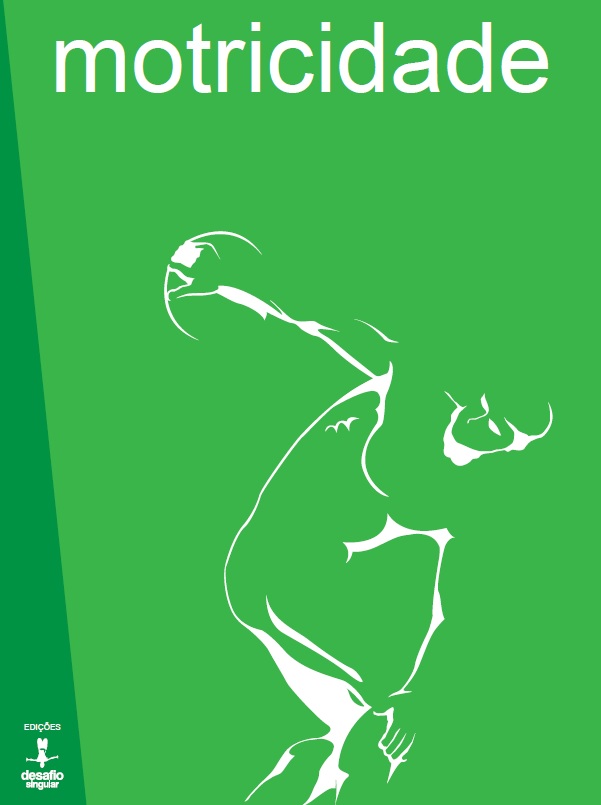Bandwidth knowledge of results persists on motor skills acquisition
DOI:
https://doi.org/10.6063/motricidade.14294Resumo
The aim of this study was to investigate the short and long-term effects of the bandwidth KR in learning of the absolute and relative dimensions of a motor skill. Twenty-two undergraduate students divided into two groups: G15 who received KR when the relative error exceeded 15%; and G0, with KR after every trial. The study consisted of an acquisition phase, and the volunteers practiced 100 trials with a target time of 850 ms and relative of 22.2%, 44.4% and 33.3% between the first and second, second and third, third and fourth keys, respectively. This phase, KR related to relative time (relative error) was provided according to the group. KR of total target time was available to both groups after all trials. Three retention tests with ten trials were conducted 10 minutes, 24 hours and one week after the acquisition phase. The results showed that G15 had a smaller relative error than G0. This study allows concluding that bandwidth KR in relation relative time error showed its effects in the consistency of relative time. These effects persisted even after seven days after the acquisition phase in a delayed retention test.
Downloads
Publicado
Edição
Secção
Licença
Os autores dos manuscritos submetidos para publicação deverão ceder, a título integral e permanente, os direitos de autor (copyright) à revista Motricidade e às Edições Desafio Singular. A cedência de direitos de autor permite a publicação e divulgação do artigo em formato impresso ou eletrónico e entrará em vigor a partir da data de aceitação do manuscrito. Os autores concedem, ainda, os direitos para a revista Motricidade utilizar e explorar o respetivo artigo, nomeadamente para licenciar, ceder ou vender o seu conteúdo a bases de resumos/indexação ou outras entidades.
Nos termos da licença “Creative Commons”, os autores poderão reproduzir um número razoável de exemplares para uso pessoal ou profissional, mas sem fins comerciais. Nos termos da licença SHERPA/RoMEO, os autores poderão, ainda, disponibilizar/arquivar uma cópia digital final (versão postprint) do artigo no seu website ou no repositório científico da sua instituição.

